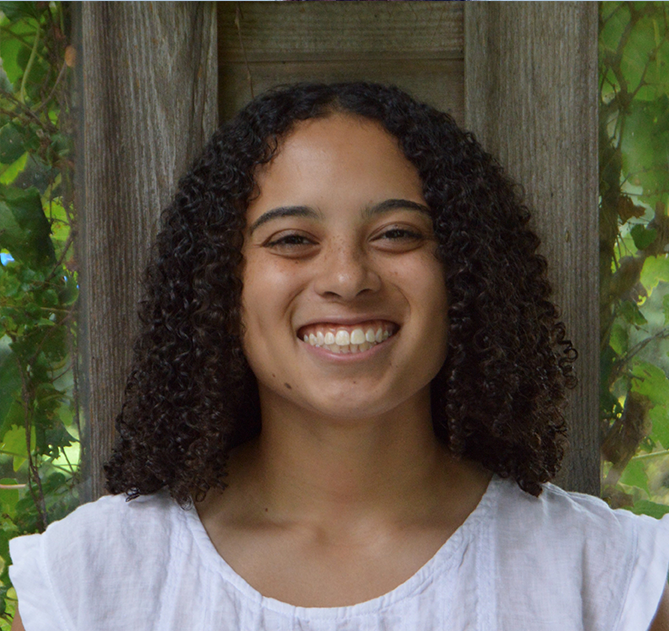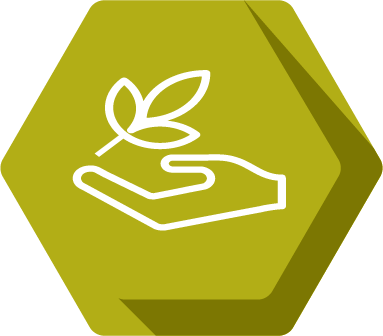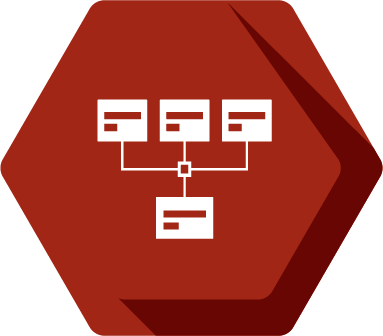Madie Czajka

Pronouns: She/Her/Hers
UROP Fellowship: Engineering
Research Mentor(s): Clarissa Knox, PhD Candidate
Research Mentor Institution/Department: School for Environment and Sustainability
Presentation Date: Wednesday, August 4th
Session: Session 1 (3pm-3:50pm EDT)
Breakout Room: Room 1
Presenter: 4
Abstract
The food system in Flint, MI lacks the ability to serve the needs of all community members. The goal of this project is to map the Flint food system to identify and explore opportunities for positive change. To gain a holistic view of the food system, each participant was interviewed on their perspectives on the Flint food system using Fuzzy Cognitive Mapping (FCM). FCM is a form of semi-quantitative participatory modeling that uses cognitive maps to represent each participant’s knowledge, perception, and values as they relate to the system of interest. The participants were asked to describe the relationships among food sectors and outcomes, which was visualized through a modeling software as directed and weighted causal relationships. The participants also described what changes they would make to improve the food system, or what they saw as leverage points. Transcripts of the interviews were created and qualitatively coded using qualitative coding software to reveal trends and leverage points. Each leverage point was analyzed to determine which could realistically be implemented and would be most effective. Coding the transcripts exposed several themes, for example systemic issues that have allowed food inequity to be a significant burden on the Flint community. Surface-level and inconsistent solutions are not causing lasting change in the Flint food system because they fail to address the deep rooted issues that have been present in Flint for several years. Conversations with community members have revealed possible paths to long-term positive change. The results will be used to inform organizations on actions they can take to improve their role in the community.
Authors: Madie Czajka, Carissa Knox
Research Method: Qualitative Study






